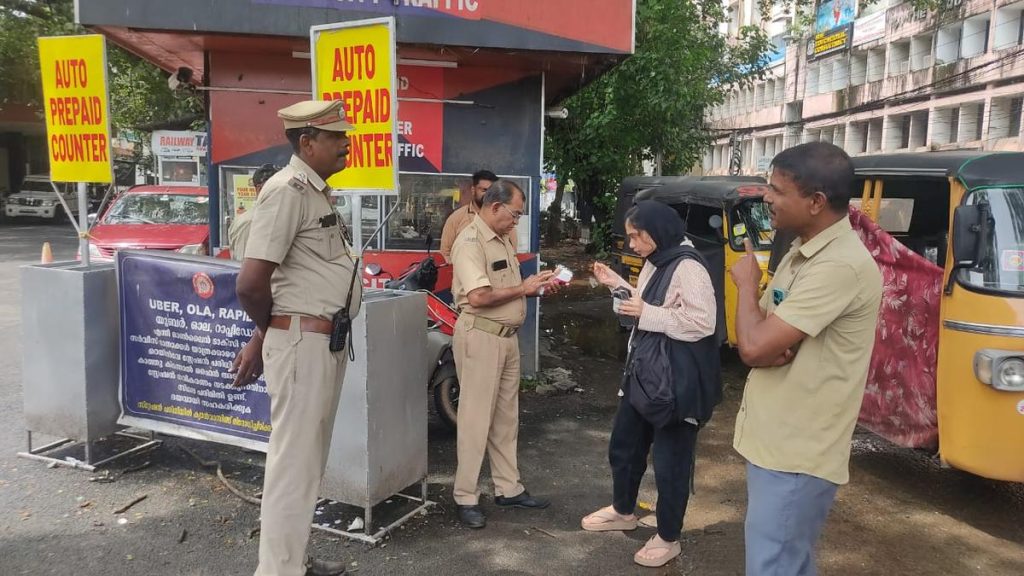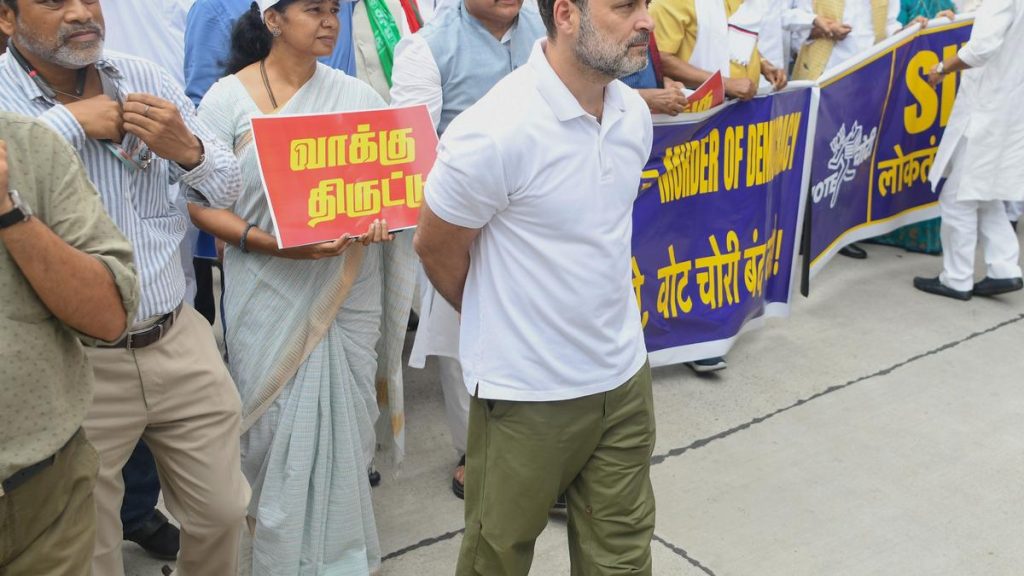Now Reading: Hyderabad Firm Charged by ED for Illegal Tramadol Exports to Pakistan
-
01
Hyderabad Firm Charged by ED for Illegal Tramadol Exports to Pakistan
Hyderabad Firm Charged by ED for Illegal Tramadol Exports to Pakistan

Fast Summary
- Enforcement Action: The Enforcement Directorate (ED) Hyderabad Zonal Office has filed a prosecution complaint against Lucent Drugs Pvt. Ltd. and its key executives regarding the illegal export of Tramadol,a psychotropic substance,to Pakistan,violating the NDPS Act.
- Court Proceedings: The Special PMLA Court in hyderabad took cognisance of the case on August 6.
- Examination Details: The probe started based on an NCB complaint alleging contraventions of NDPS Act orders and forgery tied to export records.
- Key Accused: Managing Director Vinod Jain, associate Vice-President Devarasetty Sai Vikas, Logistics and Sales Executive Gangula Eswara Rao, among others, were named in the complaint.
- Illegal Exports:
– initially approved exports to Pakistan by Lucent Drugs were later banned by authorities.
– Despite this ban, approximately 13,800 kg of Tramadol worth ₹4.12 crore was illegally routed via Denmark’s CHR Olesen Pharmaceuticals and another 5,000 kg worth ₹1.34 crore via Malaysia-based SM Biomed.
- Proceeds of Crime:
– Illegal shipments generated revenue totaling ₹5.46 crore deposited into company accounts before being mixed with legitimate business funds to mask their origins.
Indian Opinion Analysis
This case highlights severe violations within India’s pharmaceutical export framework that could have wider implications concerning regulatory oversight and international narcotics trafficking controls. It demonstrates criminal misuse of legitimate business channels for unethical purposes-a matter that undermines trust in India’s pharmaceutical industry globally.
The involvement of foreign intermediaries suggests sophisticated coordination between domestic violators and international entities strategically exploiting legal loopholes post-ban enforcement measures. Tightening compliance monitoring might potentially be essential for safeguarding India’s reputation as a responsible drug exporter.
ED’s action underlines the importance of proactive judicial mechanisms like PMLA courts for addressing organized commercial crimes effectively while signaling future punitive measures against such malpractices.
























